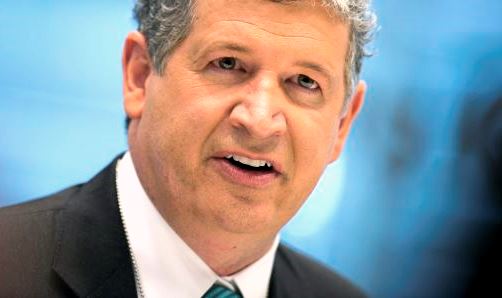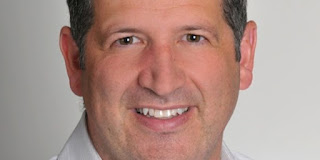Investments to Consider in 2019
But, where should you invest your money? This question plagues both beginning investors and established pros. While no investment is guaranteed, I wanted to share my thoughts on the best investment options for 2019 and beyond.
#1: Stock Market
If you’ve been keeping up with stock market twists and turns lately, you have probably heard the rumors that a correction is on its way. The S&P 500 will have lost all its 2018 gains by the end of the year and then some, and many believe that’s just the beginning of a spiral that might last years.
But, if you’re investing for the long haul and have a long time to ride the wave before you retire, you may not have to worry too much. Financial advisor and author of The 8 Biggest 401(k) Mistakes and How to Avoid Them Mitchell Bloom says that it’s important to develop an investment philosophy so you have guidelines to keep you on track when emotions get in the way of investing.
“Emotions can hinder a good investment plan in different market environments, whether you’re experiencing a bull run where the markets are up, or a bear market where the markets are off 20% or more from their highs,” he says.
That’s why many investors focus on dollar cost averaging — a term used to describe a strategy where you invest the same amount of money every month. Dollar cost averaging allows investors to take advantage of opportunities when the price of investments go down since you’re buying all along.
If you don’t feel comfortable buying individual stocks, consider investing in globally diversified, low-cost index funds. If you need some help and guidance along the way, you can also use the services of a robo-advisor like Betterment.
Betterment will help you outline your investing goals and figure out a long-term plan to achieve them instead of focusing only on returns. They can help you move into investments with lower fees than you’re paying now, and you can receive personalized advice for less than you’d pay a traditional financial advisor.
Finally, don’t forget that there’s an incredibly easy way to invest more money into the stock market that could also help you save money on taxes. By adding more money to your 401(k), you can reduce your taxable income and grow your wealth in one fell swoop.
Also remember that you may be able to reduce your taxable income by investing in a traditional IRA, and that you can invest after-tax dollars in Roth IRA too provided you meet income requirements.
Fortunately, the government has upped the amounts you can contribute to these accounts for 2019: $19,000 in a 401(k) and $6,000 across traditional and Roth IRAs.




